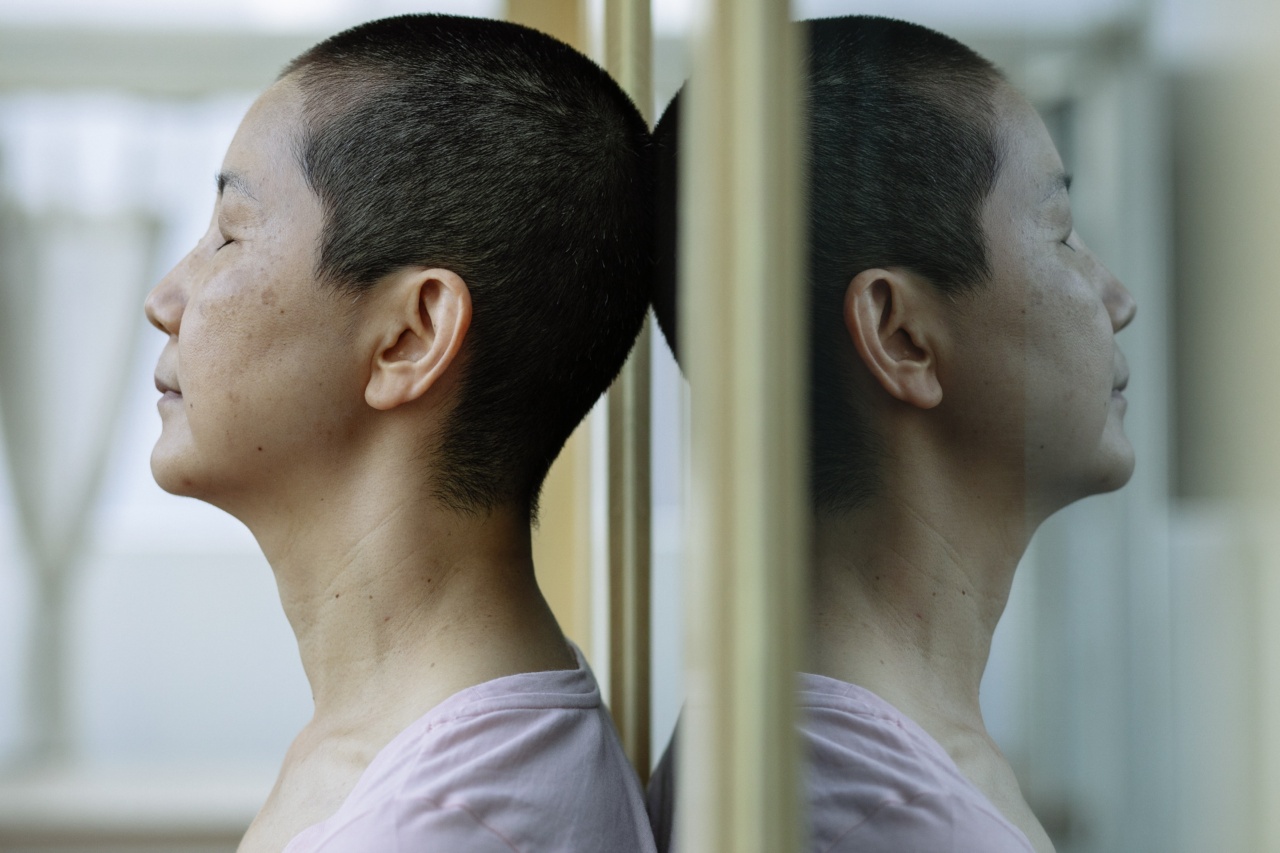When it comes to the topic of cancer and inheritance, few names have made a bigger impact in recent years than Angelina Jolie.
The famous actress brought the issue to the public’s attention when she revealed her own genetic predisposition to breast and ovarian cancers. Jolie’s openness about her decision to undergo preventive surgeries has sparked a global conversation about the role of genetics in cancer risk and the importance of early detection and prevention.
Let’s explore the Angelina Jolie effect on cancer and inheritance.
Genetic Testing and BRCA Mutations
Jolie’s revelation centered around her discovery of a BRCA1 mutation, which greatly increases the risk of developing breast and ovarian cancers.
This genetic testing allowed her to make informed decisions about her health and take proactive measures to reduce her risk. The availability of genetic testing has now made it possible for individuals with a family history of cancer to assess their own risk and take appropriate action.
The Impact on Cancer Screening
Jolie’s decision to undergo preventive surgeries, including a double mastectomy and removal of her ovaries, highlighted the importance of early detection and prevention in reducing cancer risks.
This prompted many women to reevaluate their own screening strategies and seek genetic counseling to better understand their risk profile. The Angelina Jolie effect led to a surge in demand for genetic testing and increased awareness of the need for regular cancer screenings.
Embracing Proactive Measures
Jolie’s story empowered individuals to take control of their health by adopting proactive measures.
It encouraged people to be more vigilant about their family history, engage in conversations with their healthcare providers, and consider genetic testing if warranted. The Angelina Jolie effect shifted the focus from solely relying on reactive treatments to embracing a proactive approach in the fight against cancer.
Advancements in Genetic Research
The publicity surrounding Jolie’s case brought greater attention to the field of genetic research. Researchers and scientists have since made significant strides in understanding the link between genetics and cancer.
The Angelina Jolie effect has helped accelerate research efforts, leading to new discoveries and potential therapies for various types of cancers.
Increased Funding and Support
Jolie’s advocacy for cancer prevention and genetic testing has resulted in increased funding and support for organizations focused on cancer research and support services.
Her influence has prompted governments, philanthropists, and corporations to invest more resources into cancer prevention, early detection, and treatment options. The Angelina Jolie effect has sparked a wave of financial support that continues to benefit cancer-related initiatives worldwide.
The Importance of Family History
Jolie’s story emphasized the crucial role of family history in assessing cancer risks. It prompted individuals to delve deeper into their family’s medical background and recognize the potential impact of inherited genetic mutations.
The Angelina Jolie effect triggered a shift in mindset, encouraging people to have conversations about cancer within their families and proactively seek genetic testing if necessary.
Reducing Stigma and Promoting Awareness
By speaking openly about her own experiences, Jolie helped reduce the stigma associated with genetic testing and preventive surgeries.
She made it acceptable for individuals to prioritize their health and take preventative measures, even if it meant making difficult decisions. The Angelina Jolie effect fostered a supportive environment where people felt encouraged to seek information, support, and take action.
Addressing Health Inequalities
Jolie’s influence reached beyond the realms of genetics and prevention.
The Angelina Jolie effect helped shed light on health inequalities, as access to genetic testing and preventive surgeries varied across different countries and socioeconomic backgrounds. Her advocacy brought attention to these disparities and initiated conversations about improving access to healthcare services, particularly for those at higher risk of developing hereditary cancers.
An Ongoing Legacy
Even years after Jolie’s initial revelation, the impact of her story continues to resonate.
The Angelina Jolie effect has created a lasting legacy, leaving behind a blueprint for individuals and healthcare systems to address cancer risks and prevention. Her advocacy has inspired countless people to take charge of their health, promoting early detection, proactive measures, and greater awareness of the role of genetics in cancer.




























